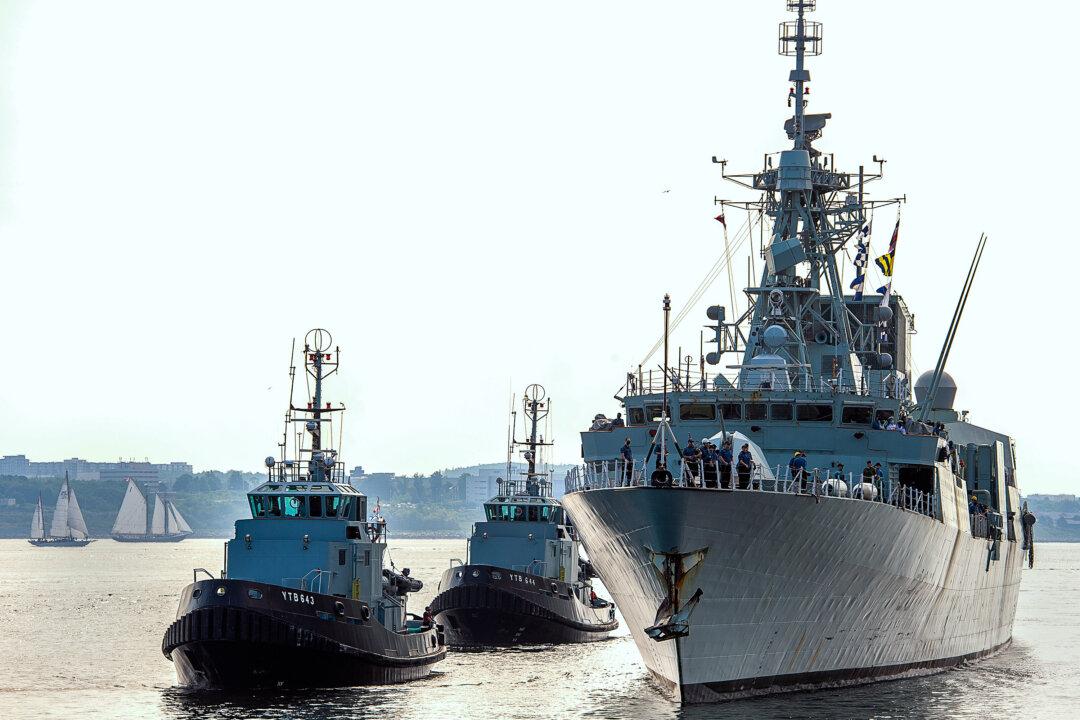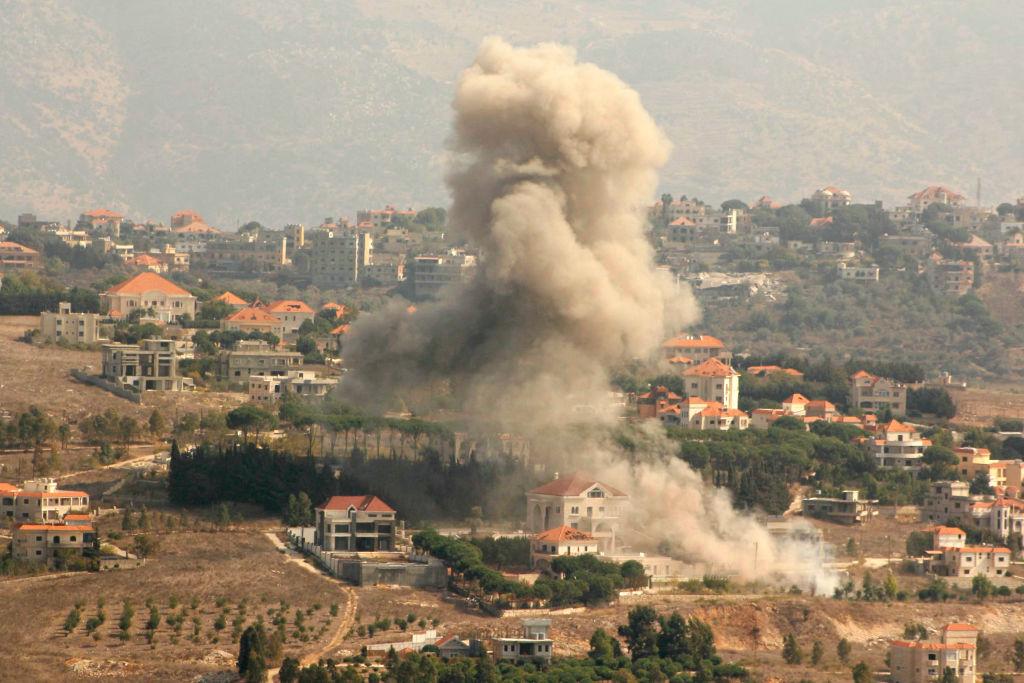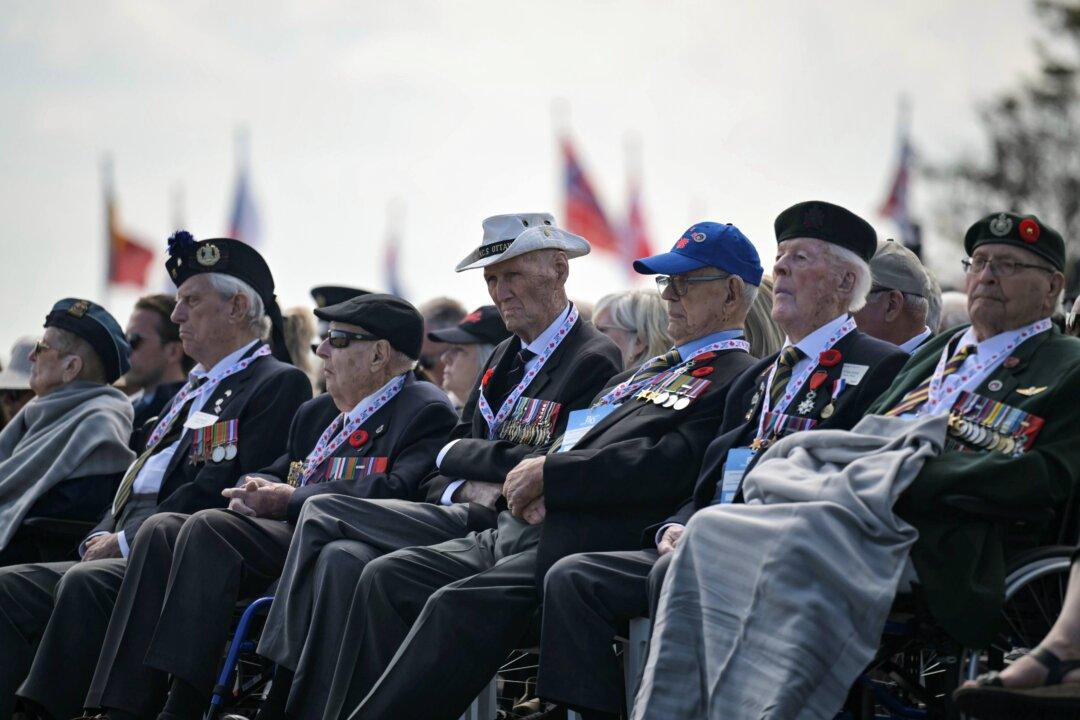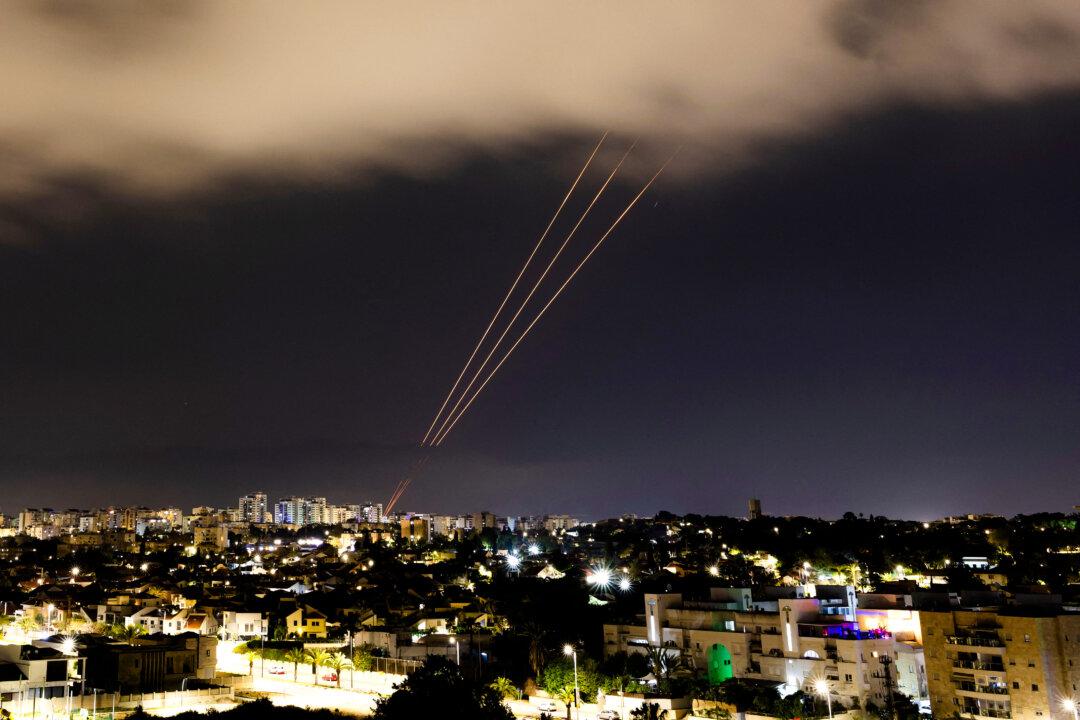Commentary
Lt.-Gen. J.O. Michel Maisonneuve (retired) is a true Canadian patriot. But while he wore the uniform of the Canadian Armed Forces (CAF) and led Canada’s French-language military university, he kept his mouth shut regarding what he was witnessing—not only regarding Canada’s sinking international reputation but about the sickness that had set in in so many areas of Canadian domestic life.




